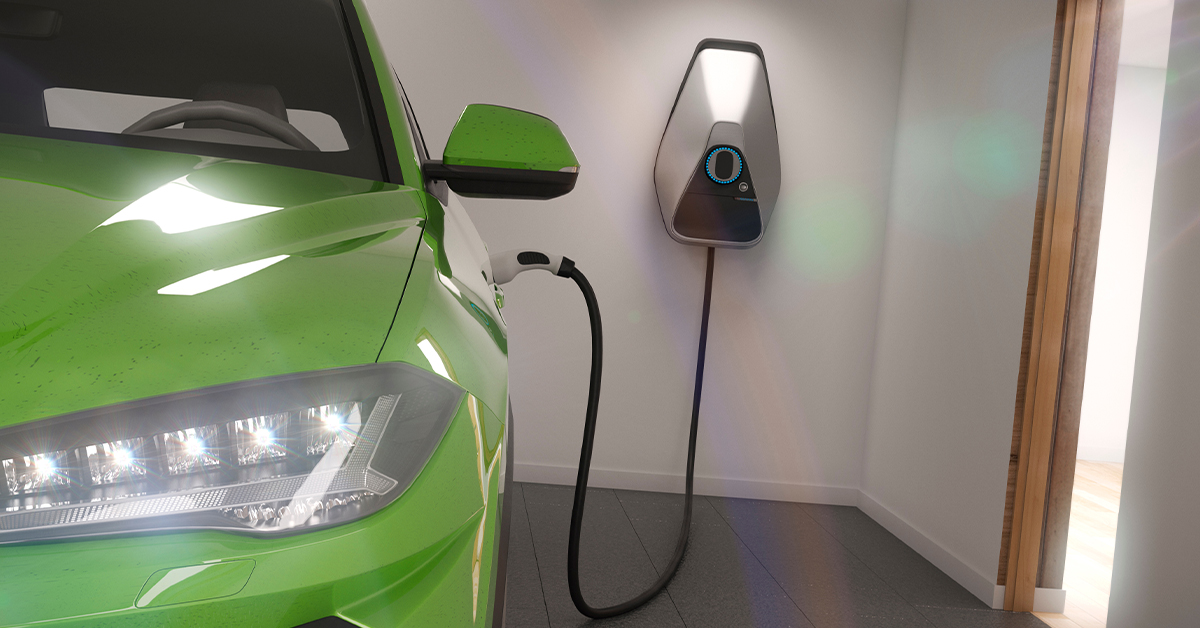
Electric mobility is the future of transportation. With gas prices skyrocketing and electric transportation technology being promoted by government economic incentives, today is the perfect time to jump on the bandwagon of the electric transportation revolution.
If you already own an electric vehicle (EV) or are planning to buy one, you should consider installing a home electric vehicle charging station and home rewiring to allow for EV charger installation.
Home EV charger
The growth of the electric vehicle market has been impressive over the last years. In 2021 the EVs market more than doubled compared to 2020 and tripled compared to 2021. Last year, the US-based automaker, Tesla, was the number one EV automaker, selling more than 900,000 EVs, followed by VW Group, BYD, GM, and Stellantis.* (IEA.org)
More than 300,000 Electric vehicles (EVs) and plug-in hybrid electric vehicles (PHEVs) were sold in the US in 2021. In 2022, almost 160,000 battery vehicles were registered in the US market.
To charge your car, it’s recommended to install a home charging station and EV charger. Nowadays, you can purchase a home charger for your electric vehicle. With ever-evolving technology, the size of a current home charger is sleek and compact and can easily be installed on your garage wall without sacrificing much space.
Electric Car Charger for Home Cost
Charging your electric car at home is the most convenient and cost-effective way to recharge your EV battery. Not all EV batteries are the same. The larger the battery, the more electricity it will hold and the more it will cost to charge. The types of electric cars you can buy have different battery capacities; the same model may come with a different battery capacity option. In short, the type of electric vehicle determines the time and cost to charge the battery.
The cost of installing a home EV charger depends on the type of charging station, the renovation costs, and the permits required to comply with local regulations.
There are three levels of EV charging. You can plug an EV into a 120-volt outlet. This low-voltage outlet is known as Level 1 charging and will not fully charge your car overnight, it is very slow.
Plugging your EV into a 240-volt outlet is the most used option to charge your car battery overnight and will charge up to 10 times faster than Level 1 charging. This high-voltage outlet is known as Level 2 charging. Level 3 are fast-charging stations that use direct current (DC) and require different plugs and wires.
These days, most electric cars come with portable charging equipment that can plug into any 120-volt outlet. With the continuous and steady growth of the EV market, portable EV charging stations and chargers are being introduced. Adding a Level 2 240-volt power source to the home’s garage will be the solution to fulfill any daily commute EV transportation needs. Installing a home electric car charger costs around $1,000 to $2,000 for one or two cars. Besides being a necessity for your daily electric car use, it’s a great investment in the long run.
How To Charge Electric Car At Home
If you are looking for reliable electricians for safe, affordable installation of your electric vehicle home charger, you can count on Palmer Electric. Our electrical vehicle charger installation team will assess your home’s wiring and electrical panel capacity. We will provide the most cost effective solution for your EV home charging station. Call now 407-646-8700 or fill out a contact form to find the best EV charger installers near you.

